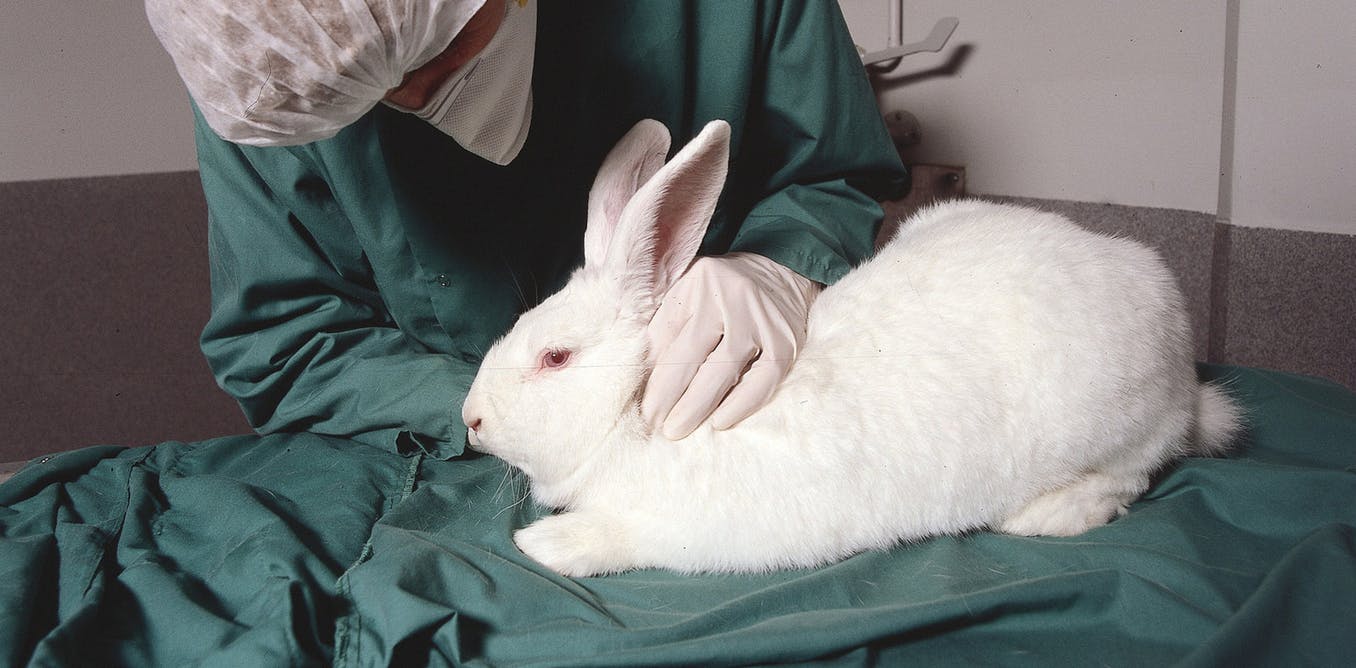Conservatives and liberals alike are finding their way into the world of animal rights. With the Obama administration’s 2016 passage of the revised Toxic Substances Control Act and the current legislation on the table, the Humane Cosmetics Act, political momentum stands firmly on the side of animal rights. With money moving away from traditional animal testing methods, donors are looking for new ways to stay in the industry and stay in compliance with new laws.
In vitro testing has been vetted as a low cost, viable alternative to animal testing, and government interests on all sides are looking to use it as an in for continued funding. The race to fund the kingmakers is on, and it is one that animal rights activists should look into with a great deal of interest.
Invariably, when government interests get too involved in a scientific industry, that industry becomes bloated with less efficient research and development methods. The reason that animal rights has been able to move forward so drastically in the United States is because of the vetted success of alternative testing methods like in vitro testing. If budgets become bloated and ROI drops, there is no economic incentive for the cosmetics industry to continue along the same path. Legislation that is considered can easily be reversed – keep in mind that Obama had to revise the Toxic Substances Control Act. Nothing is to say that legislation cannot be revised in the opposite direction as well.
Moving alternative testing methods away from the private market is also moving power away from the dedicated activists that are truly protecting animals. If too much power is invested in politicians to protect animals, the issue will become one of many that move across their desks in any given session. This is guaranteed to produce less productivity in the animal-rights space, as it does with most of the scientific industries that rely too much on Washington.
InVitro International is in full support of moving forward on animal rights legislation. However, we are also incredibly wary of shifting too much of the power into the public sector. The incredible dedication of activists and research of private companies has provided the alternatives that the cosmetics industry is moving into today. There is no reason to fix what isn’t broken.


